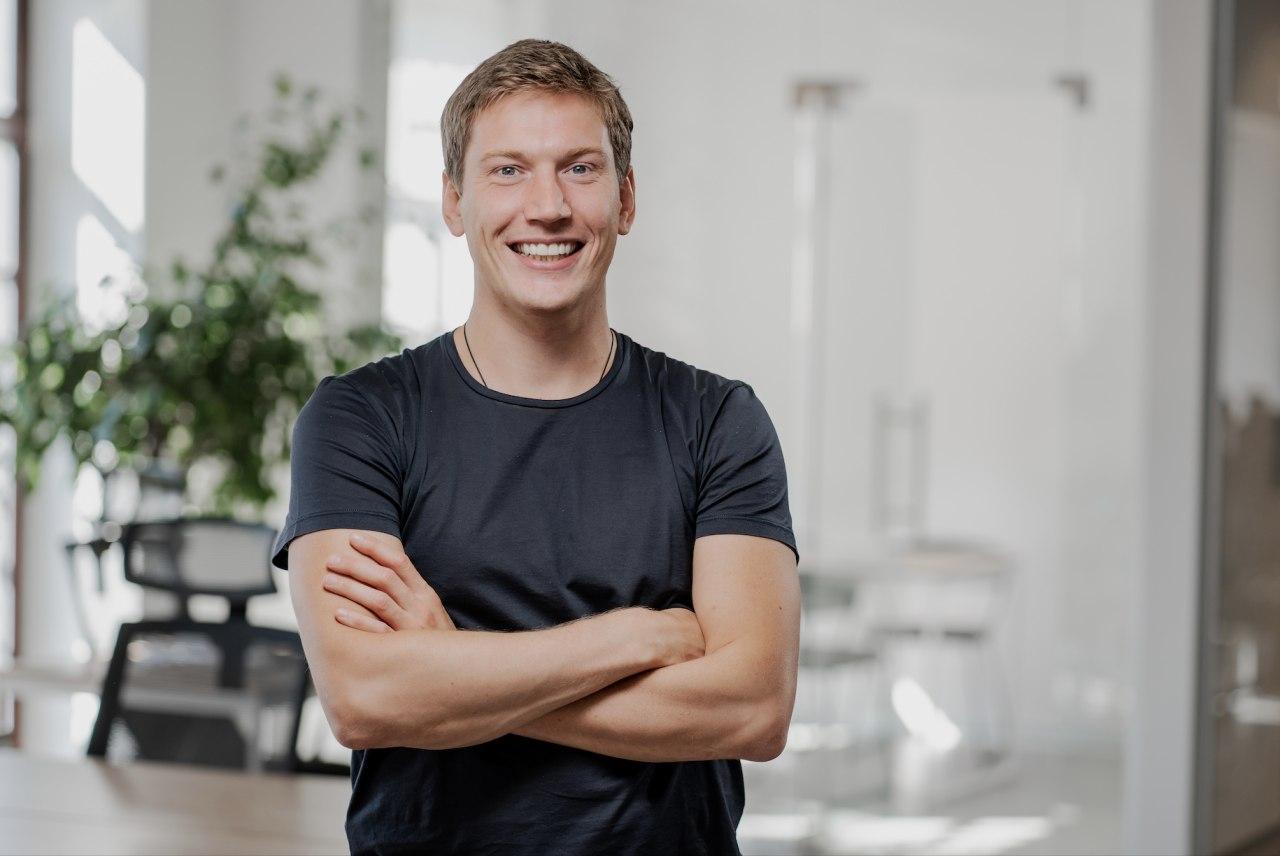Marina Kvashnina, Edenlab founder: “We need curious, hungry for knowledge and energetic people”
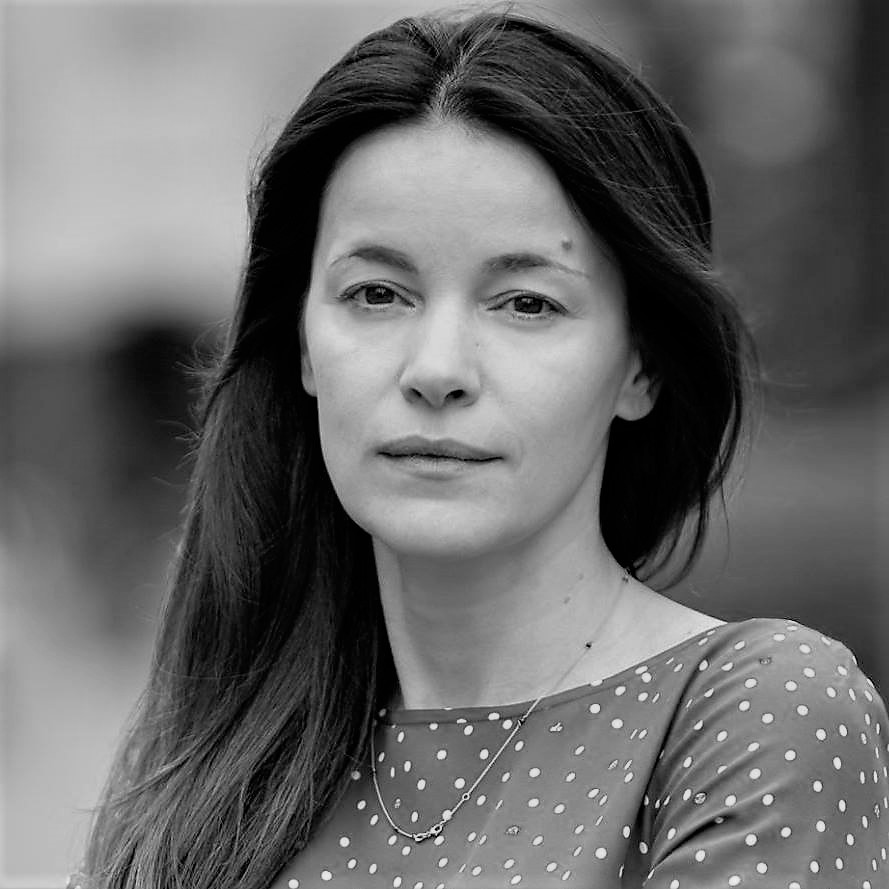 |
|---|
| Marina Kvashnina, Edenlab Founder |
Marina, let's start from the very beginning. Where did you study?
I graduated from Kharkiv Polytechnic University, Faculty of Economics. My specialty is manufacturing management.
What did You do after graduating?
Graduating from the University, I thought that I would be an economist. During my second year at the university, I began working as a chief accountant, and in 1999 I won the USAID competition and went on an internship to the United States. At that time, many companies were switching to international financial reporting standards, and as a young specialist, I was interested in the western experience.
Where did you go?
I went to the middle of nowhere, Ohio state. I was completing an internship at Procter & Gamble in the central office. I remember two such tall towers and locals joking that sometimes it seems Mr. Procter and Mr. Gamble are still sitting there. I lived in the family of one of the corporate directors. I remember deers walking in the garden full of cherry blossoms. I had a deep dive into American life.
What technologies were You working with in P&G?
P&G had its own internally designed systems, and of course SAP and Excel. Now we have a lot of SAP stuff in Naftogaz too. That is my karma :)
How did your career evolve after returning to Ukraine?
I got promoted and became a Chief Financial Officer. There was a funny story. My boss brought an excellent book “Seven Notes of Management” and said: “Look, there is such a position called “CFO”. And so I became a CFO.
I continued my career as an economist for another 10 years. But I was always interested in how business works. Nowadays this profession is called "business operations".
Finance is a language that I understand. I know many leaders who understand the “HR language”. Or there are executives who have grown out of lawyers – they speak the language of documents. My native language is the language of numbers.
How was the Edenlab company founded?
From Kharkiv I moved to Kyiv and worked as the financial director of Bayadera. And then I got into Glencore – they are #34 in the Fortune 500 list Fortune 500 list. In Ukraine Glencore had a big business related to agriculture. In particular, they developed the elevator business.
Imagine, on the one hand, I have elevators in the hinterland – Lyubashivka, Popasna, where accountants have hardly learned how to balance debit with credit. On the other hand, I was responsible to the head of the financial direction in Rotterdam, who demanded international reporting standards and whose global balance sheet of the group might not converge by one figure across the entire Ukrainian business.
Then the revolution of 2004 happened and I went into politics and public administration. I became an advisor to the Minister of Infrastructure responsible for IT. We needed to take care of the IT-infrastructure of giant state companies: Ukrainian Railways, Ukrainian Post, Ukrtelecom. We started working with major consultants and for me that was a deep dive into the world of state enterprises.
We needed to take care of the IT-infrastructure of giant state companies: Ukrainian Railways, Ukrainian Post, Ukrtelecom
Then there were many different projects where I was either the Product owner or performed another leadership role. There was a project in insurance medicine, a project with payment terminals, which was later sold to Ukrsibbank.
It was around this time that I fell in love with the British Boots drogerie concept. There was nothing like it in Ukraine, only “DC”, which later became Watsons. I wanted to launch something like that in Ukraine. And I did. “Dobrogo dnya” pharmacy is my project. As the TOP manager I designed this business from scratch: from the first letter on the sign and then scaling to a chain of 150 pharmacies all over the country. I have been working on the project for 3-4 years, and now it is one of the largest private pharmaceutical chains in Ukraine (more than 400 branches), with a big distribution network, various collaborations, private labels, delivery service.
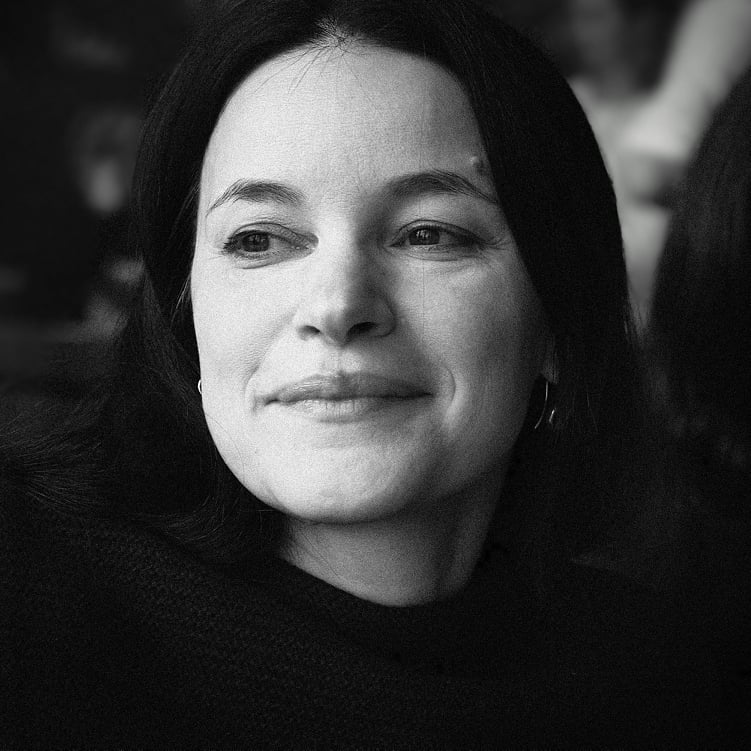 |
|---|
“Dobrogo Dnya” pharmacy project became a great school of retail business for me. I had an opportunity to work with amazing people. For example, we had an independent director who used to work at Boston Consulting Group. Two years of working with him gave me almost a second executive education.
He shared tons of tools, methodologies, material for reading. And then we were applying that knowledge in practice. By the way, then I first got acquainted with the institute of independent directors, and in fact, boards of directors. Now I work as an independent member of the supervisory board in several companies, including banks, and oversee the digital projects.
After the “Dobrogo dnya” project I worked at PrivatBank. CEO Alexander Dubilet wanted to find new approaches to the further development of a growing business. In fact, we were discussing the idea known as “industrial expertise” sharing, when people from the non-banking environment help to design and customize banking products.
Someone recommended me to PrivatBank as the expert in pharmacy business. I traveled to PrivatBank to have a talk and stayed there for the next 3 years.
I had exciting work in connection with the Center of Electronic Business founded by Alexander Vityaz. I believe we managed to launch a certain amount of interesting products. I had both IT and business development resources. Alexander Vityaz always generated an infinite amount of great ideas. And I was managing the execution, pre-sale and sale, customer support and even products customisation based on customer feedback.
Alexander Vityaz always generated an infinite amount of great ideas
After PrivatBank I worked as deputy chairman at Deltabank. We organized the IT department in accordance with the PrivatBank model. The IT was divided into Support and R&D divisions. The Support division was responsible for day to day operations, SLA, infrastructure availability. In the R&D division other skills were important: curiosity, ability to work in a sandbox, close interaction with business and product owners.
I was personally responsible for the R&D Department. For example, such a large bank as Delta was a leader in consumer finance, but the bank didn’t have any business in payments. The whole transactional business emerged in my department and then became a separate line of business.
Eventually we’ve migrated 1,5 mln cards to our own processing system. In Delta bank I was also responsible for the cards back-end, strategic marketing, business development, customer analytics (these days they call it “Big Data”), marketing communications and everything around it: the work of mathematicians, testing the assumptions, remote sales etc.
We encouraged the startup spirit inside the bank. One of such startups was Pay2You p2p money transfer service. Edenlab emerged from this project later on.
How did You come up with the name Edenlab for the company?
Thanks to Alexander Vityaz. He shared a book about the interpretation of the Torah by Pinchas Polonsky "Two stories of the World creation”. There was an idea that just struck me: you can try to view the Garden of Eden as a laboratory for humanity, where God conducted experiments. Some experiments were successful, others not that good. But the very idea of an endless experiment amazed me a lot.
Thanks to Alexander Vityaz. He shared a book about the interpretation of the Torah by Pinchas Polonsky "Two stories of the World creation”. There was an idea that just struck me: you can try to view the Garden of Eden as a laboratory for humanity, where God conducted experiments.
I like the constant search, testing of new ideas, the beauty of the code, and the beauty of the engineering solution.
 |
|---|
| Pinchas Polonsky "Two stories of the World creation” |
What were the first steps in the life of the Edenlab team?
After Delta Bank, I had a corporate position related to the creation of a fintech competence center in the international investment fund Finstar. The fund's portfolio included various credit companies, payment providers, and banks.
Then the war between Russia and Ukraine started. All those projects stopped. And I had a choice: either to deal with the operational efficiency of the existing small banking business or try to start my own company. I remember it was Christmas time, we went skiing with some of my teammates. I’ve already made a decision for myself. However, I decided to wait until the beginning of January with the announcement.
I suggested to the team that we start Edenlab company and see if we’re worth anything outside of the corporate world. We agreed that we would give ourselves six months to try to build something cool. And so Edenlab was born. Mastercard became one of our first clients.
Was it a big project with Mastercard?
No. But important. I want to express my gratitude to Mastercard. We have been partners for many years. Edenlab is an authorised developer for Mastercard. For example, together with Mastercard we co-developed such a product as money transfers in Viber chat. We worked with Mastercard Europe and also had R&D project with Mastercard USA.
How many salespeople did Edenlab have in the beginning?
We didn't have any salesmen at all. TOP-managers were selling the projects. I was selling. Everyone who started Edenlab is still onboard. Two Edenlab co-founders are my former deputies from Delta Bank. Some people with non-banking background joined Edenlab later and already received promotions to junior Partners.
Does Edenlab specialize in FinTech?
Edenlab has one more specialization: healthcare. At some point we embarked on a business adventure and became the developers of the central component of the E-health system in Ukraine. E-health is a digital platform where all the processes of digital medicine are implemented in Ukraine.
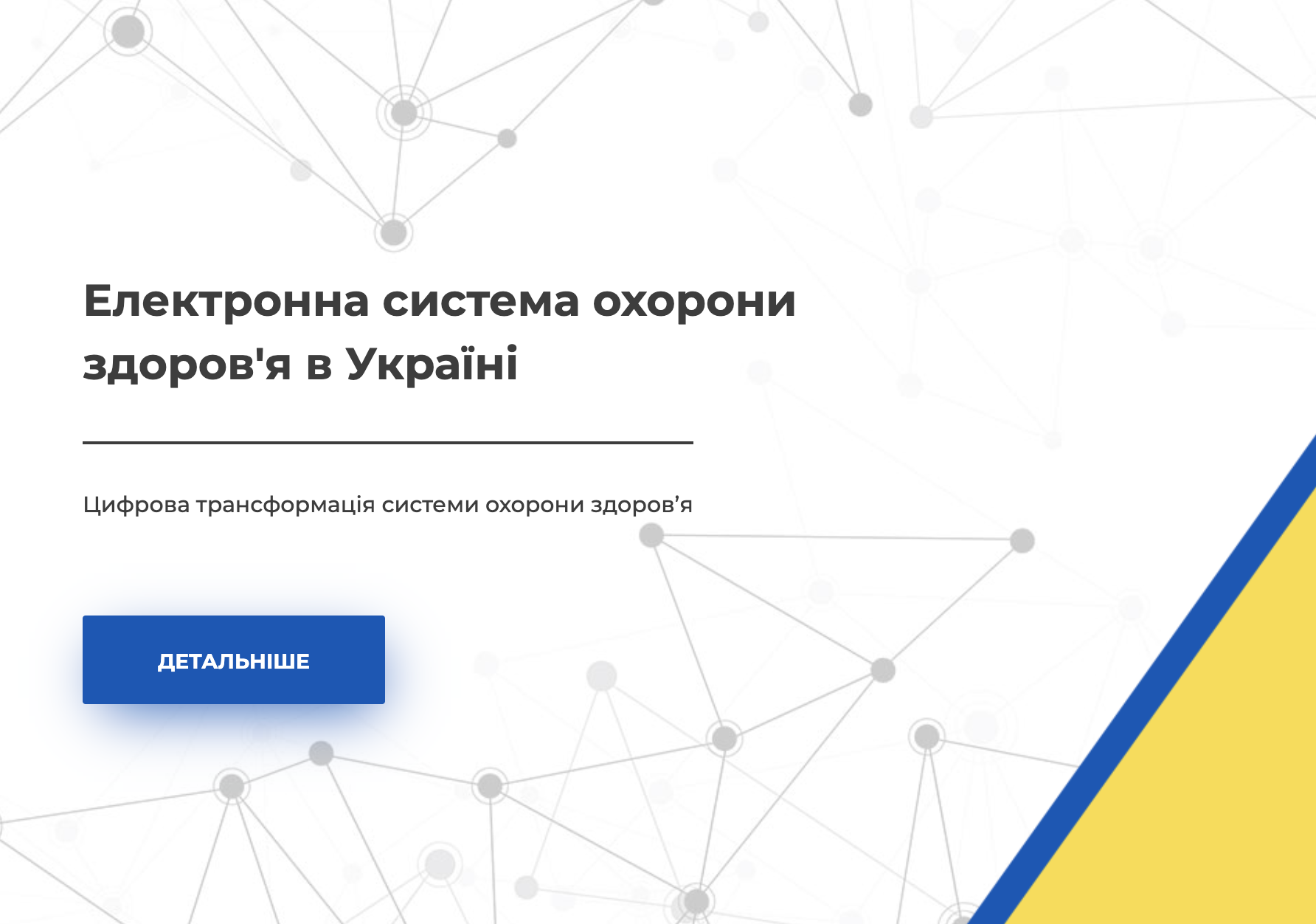 |
|---|
| https://ehealth.gov.ua/ |
Still few people believe that some small company delivered a national-wide project worth millions of dollars. Why? Because in the beginning there were no millions of dollars. There was a team of enthusiasts who were just starting to think about grant money and were looking for an IT company that would make an MVP of E-Health for free. And if international donors liked the MVP, they would pay for the project.
Good analysts and engineers were needed to work on E-health project. The healthcare domain is close to fintech: you need to work with personal data, highload etc. Since the beginning of the E-health project a lot of teams have changed from the other side. Our “family” lived through difficult times: we had quarrels, fights, divorces, then made up again. But here’s the fact: Edenlab company keeps developing the E-health platform for 5 years in a row. Most of what You see in the E-health (central component) was done by Edenlab.
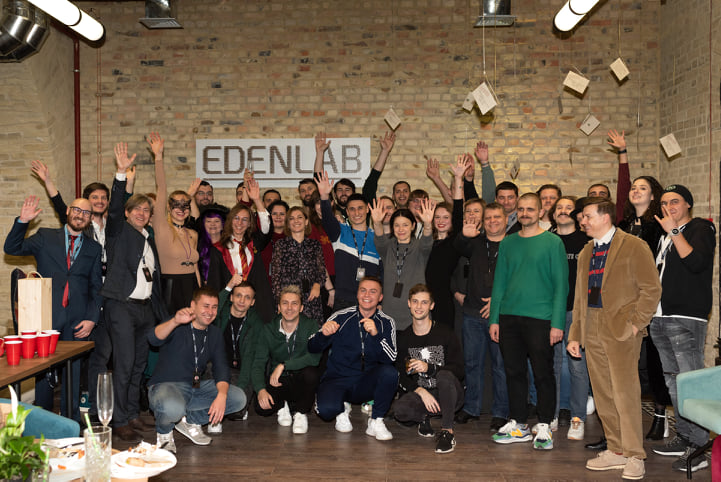 |
|---|
| Edenlab team |
What is the technology stack that You are using in Edenlab?
We fell in love with elixir. And we switched to elixir in many projects. We do a lot of Go programming, and also C#. A new toy in the house is rust. I think we hired all the rust developers in Ukraine that we could find. It may seem not wise to narrow yourself to a niche stak. However, such an approach allows Edenlab to find highly skilled engineers.
A new toy in the house is rust. I think we hired all the rust developers in Ukraine that we could find.
Most likely, the rare programming language is not the first and not even the second choice of the developer. This is the kind of people we need: curious and hungry for knowledge. Such people are hard to find. But when You do – their work is amazing.
How did Edenlab start using Corezoid?
We have known about Corezoid technology for a long time. Periodically some people with Corezoid knowledge joined the Edenlab team. I believe that every client needs a specific solution relevant to their situation. We decided to use Corezoid in a project with Raiffeisen Bank International.
We decided to use Corezoid in a project with Raiffeisen Bank International
That was a very difficult project. Perhaps, fintech companies haven’t seen anything revolutionary for the industry in this project. However, the project was quite revolutionary for the Raiffeisen group itself.
Raiffeisen is a banking group that operates under strict compliance and regulation rules. At the same time there is a huge pressure from competitors, both from the banking and fintech world. After meeting with the Edenlab team, Raiffeisen realized that it is worth trying to hire people with a distinct startup culture and clear dedication to the principles of agile development, but who also know how the enterprise world operates. And try to create a digital solution outside of the traditional bank, meaning not on the basis of any of the local banks of the group. And that is what Raiffeisen did together with Edenlab.
The first project was the launch of online lending in Poland?
Yes. But Raiffeisen didn’t approach Edenlab with a requirement to launch a specific product in a specific country. Rather, they had a description of the prototype of the future digital organization. The mastermind behind the idea was Andrey Stepanenko – Member of the Management Board responsible for Retail and Digital. Also I realized, that Andrey Stepanenko had the full support from CEO of Raiffeisen Bank International Mr. Johann Strobl, a great strategist with a clear vision of what the bank needs today and tomorrow.
What was the vision of Raiffeisen?
Raiffeisen firmly decided that they wanted to have a startup culture, they wanted to work with people like Edenlab and they wanted to build such an “edenlab” inside the Raiffeisen. It was a huge challenge for Edenlab to build something for Raiffeisen.
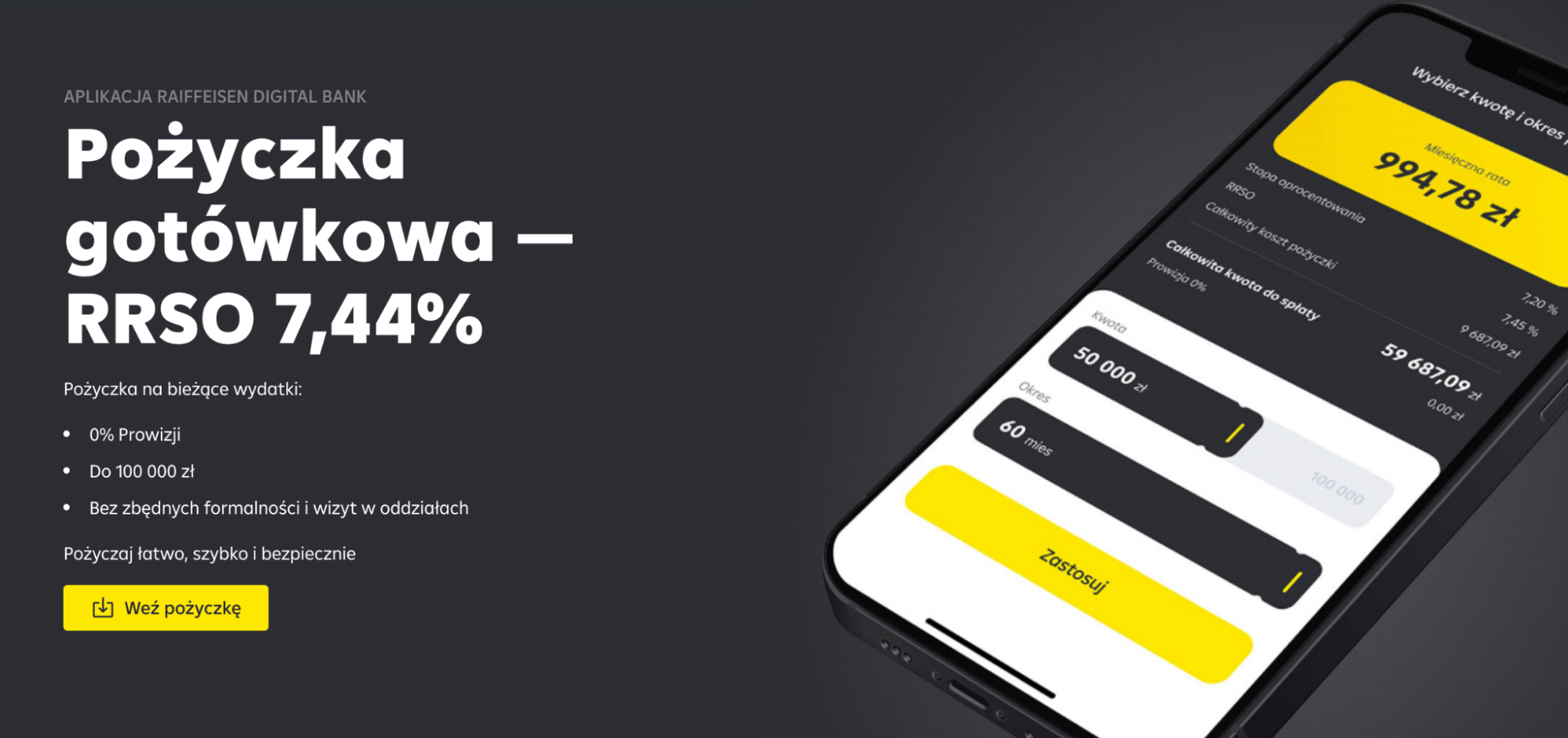 |
|---|
| Raiffeisen Digital |
The press release about the launch of the project in Poland says that you launched in 6 months. How did you achieve such remarkable speed?
We offered RBI to create a "lego-architecture" in which we would use lite solutions of vendors existing on the market. At the time of launch, it may be one set of vendors; at the time of increasing feature-set and loads, the set of vendors may change.
Why program everything inside the organisation for the next twelve years? There are people who developed competence in certain domains, who have built a business around this, and they also have a startup culture. Let's try to put them together on one platform. In Edenlab we designed the whole architecture so that it was flexible, reliable, consistent.
It is clear that there were challenges to be dealt with: components needed to be replaceable. There must be a “plan b” for each vendor. We needed to understand how the technology roadmap would evolve, taking into account the growth of the business. I believe that Edenlab created a very strong architecture, but RBI made an unprecedentedly bold decision to accept such an architecture.
At which point did you decide that you would start with a mobile application for digital lending in Poland?
It did not matter. There could be Poland, and there could be the Balkan countries. The RBI business team determined where it was possible to start faster, what were the license requirements, compliance and regulation rules. Much of the complexity of a project was the challenge to integrate the solution with the software that already existed in the bank. Even a small mistake on the side owned by Raiffeisen would mean penalties and problems for the entire group.
How will Edenlab work with Raiffeisen in the future?
Edenlab helped the RBI a lot. I hope RBI thinks so too. Andrey Stepanenko recently made a recommendation to us on Clutch. Edenlab solution architect Petro Lymych is proud of the quote from the CTO of RBI, who accepted architecture and called it “State of the Art”.
Edenlab solution architect Petro Lymych is proud of the quote from the CTO of RBI, who accepted architecture and called it “State of the Art”.
One of our commitments during the negotiations with Raiffeisen was to create the R&D team for RBI in Kyiv. And we did it. Raiffeisen Bank Laboratory (RDL) sits two doors from me in the Creative States. Now there are more than 60 people there. Some of the people moved to RDL from Edenlab. These are the people who participated in the project and wanted to switch to work for RBI. Someone was recruited by Natalia Polyakova, the newly appointed head of RBI Retail Innovation. By the way, she was also my deputy since working in Bayadera, and then Glencore.
Also Edenlab committed to completely remove the vendor lock at the end of the project. And we did it. A complete knowledge transfer from Edenlab to Raiffeisen took place. Initially the objective of Edenlab was to go through the whole cycle: from grooming the idea to drafting the solution architecture, development and launch phase. And we delivered.
A complete knowledge transfer from Edenlab to Raiffeisen took place. Initially the objective of Edenlab was to go through the whole cycle: from grooming the idea to drafting the solution architecture, development and launch phase. And we delivered.
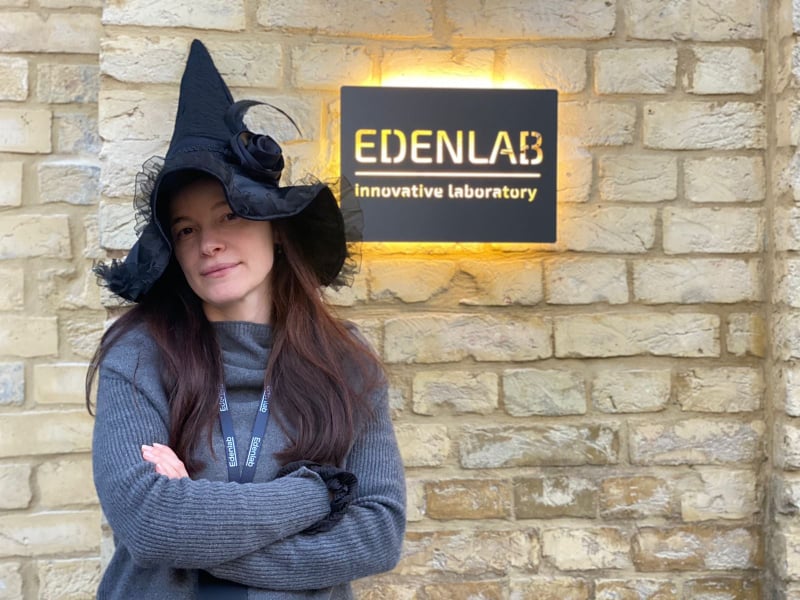 |
|---|
How do you see the development of Edenlab business in the healthcare sector?
I see the same trends in healthcare that I saw in fintech 20 years ago. The amount of data generated in the healthcare industry is growing exponentially. Suddenly in the middle of the pandemic everyone realised how vitally important it is to work with medical data correctly.
For example, in the USA there is a new regulation that is enforcing the companies who work in the field of healthcare to switch to the FHIR standard. In Edenlab we chose FHIR as our fundamental standard 3,5 years ago. The same trends we see in the Gulf countries, where Edenlab runs projects aimed at building the national digital healthcare systems.
We see many technical pain points in how the healthcare industry operates. There are services aimed at collection and processing of medical data, but they are based on legacy technologies. Data exchange between legacy systems is a nightmare. At the same time people have high expectations regarding the speed and quality of medical data processing.
Did You create your own medtech product at Edenlab?
Yes, it's called Kodjin. Kodjin is a FHIR server that allows to integrate with legacy systems and ensure interoperability.
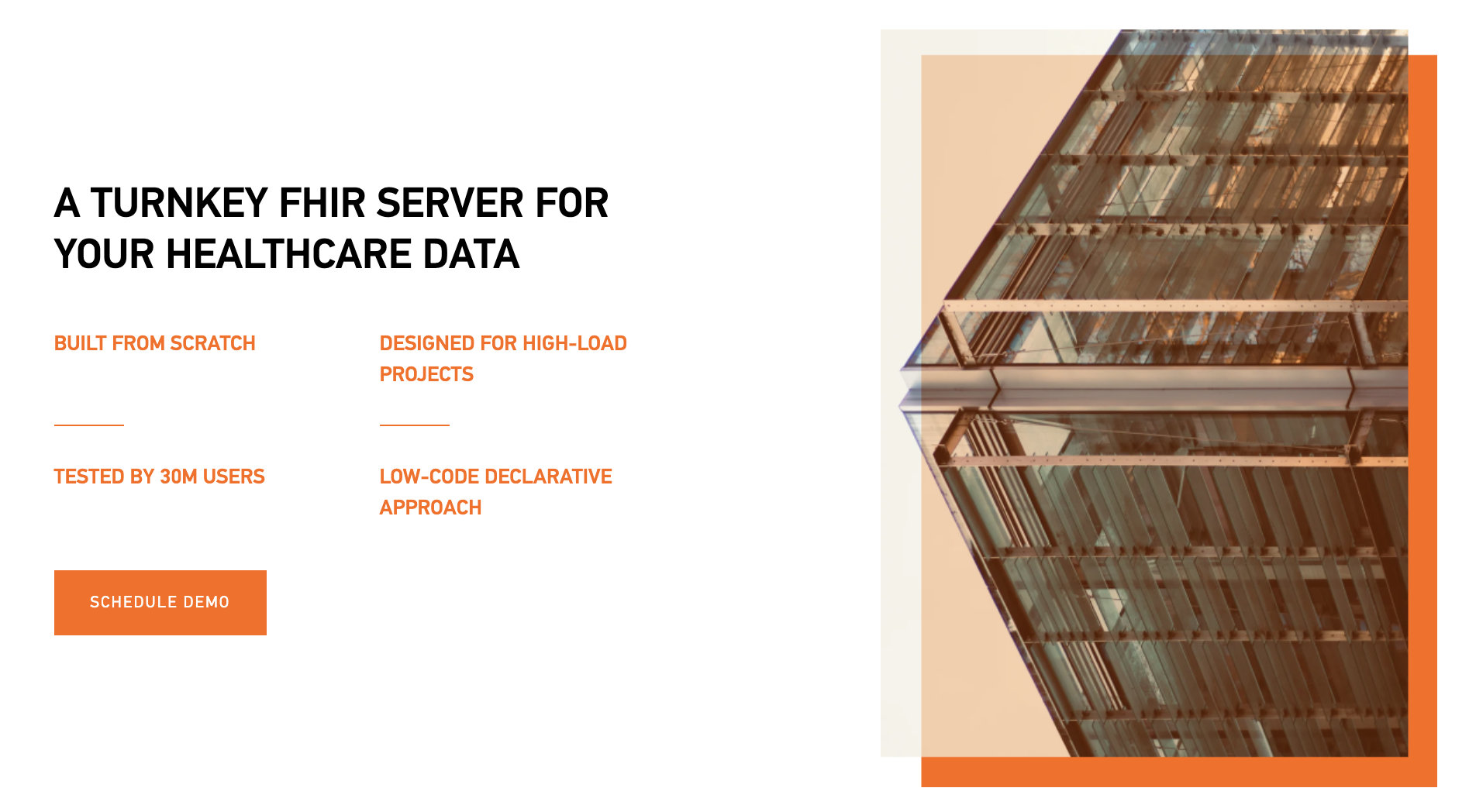 |
|---|
| https://kodjin.com/ |
Why is it important? Could You give an example?
For example, in the process of clinical trials, there is a need to exchange information between hospital groups. Imagine testing a new molecule. And this process involves thousands or tens of thousands of clinics. A specific test protocol is sent to clinics. And then the test data is collected back. And all this often happens in Excel, with manual post-processing of data. Automating this process means savings of tens, hundreds of millions of dollars.
Another example. Let's take companies that operate at the intersection of different markets. For example, insurance, hospital, doctors. I have very good medical insurance in Ukraine. And now I come to Dobrobut, and my doctor picks up the phone, starts calling the insurance company and loudly asks what restrictions are in my insurance, and what he may or may not prescribe to me. It shouldn’t work that way.
I think “Dobrobut” has Doctor Eleks MIS, right?
Yes. This is one of such old legacy systems on the market. And this is one of the reasons why we are so willing to be not only a service company, but also create our own products and work in the midst of healthcare digitization.
How do you see the future of Kodjin? Will you apply to Y Combinator?
Unlikely. So far, we have a lot of personal approach in our sales. In order for a boutique company of engineers from Ukraine to suddenly receive the Raiffeisen Bank International contract or a global health project, you need to have personal contacts and reputation. It is necessary that the decision maker believes you, checks your credentials, trusts your vision and your ability to implement what you suggest.
Is Kodjin a Ukrainian startup?
Yes. We are Ukrainians. Although we’re incorporated in Estonia, the bank accounts are there, we are going through the audit in Estonia etc. But often we can’t say during the meetings that we are a Ukrainian startup company. For example, recently we’ve become TIBCO partners. And they have a direct ban on working with Ukrainian companies.
In general, there is a huge shortage of specialists in the world of medtech. Now there is no problem selling the contract at all. There is a problem with people who understand medtech.
Does Edenlab have many open positions?
Yes, there are many open vacancies. Edenlab is constantly growing. The beauty of Edenlab is that we choose technology stacks that allow a small group of senior engineers to do projects of incredible complexity in an amazingly short time. The E-health project, even at its peak, was developed by no more than 30 people. Usually systems of this complexity are developed by hundreds of people.
The beauty of Edenlab is that we choose technology stacks that allow a small group of senior engineers to do projects of incredible complexity in an amazingly short time
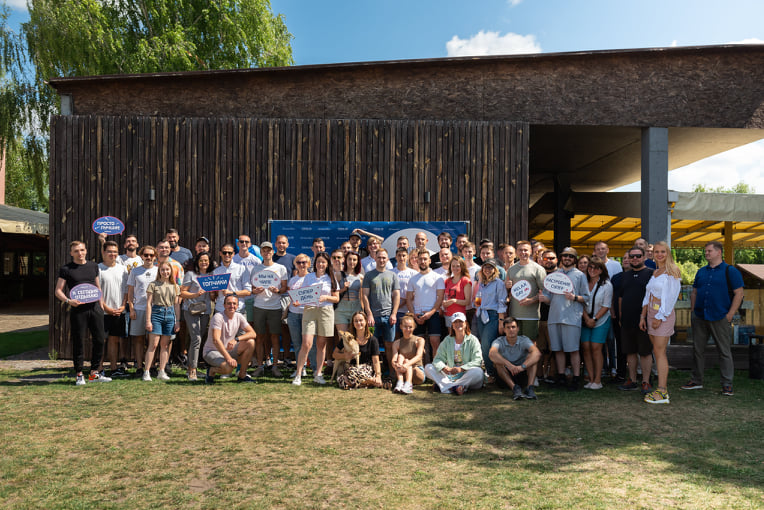 |
|---|
| Edenlab team |
In Edenlab we use a design & analytics driven development process. Probably, up to a third of Edenlab employees are business and system analysts, who are in great demand for us.
Why Edenlab likes Corezoid? Because if you have a good analyst, then such a person can quickly prototype a process of any complexity. No other system created for enterprise software development can match Corezoid capabilities.
Why Edenlab likes Corezoid? Because if you have a good analyst, then such a person can quickly prototype a process of any complexity. No other system created for enterprise software development can match Corezoid capabilities.
Sometimes, while you complete the process building, your initial requirements have already changed 2 times. You need to change the process accordingly. It also affects other processes. And you have a deadline, agreement obligations etc. Corezoid is absolutely the right solution for such complex projects.
